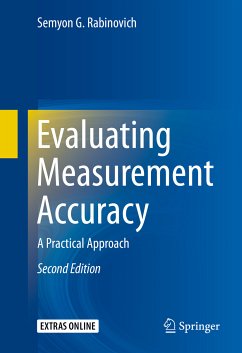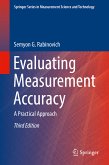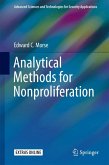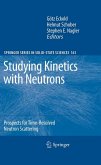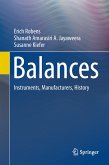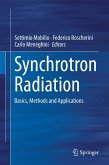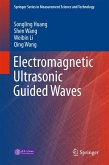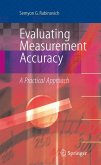A key feature of the book is a new general theory of measurements that is both well-grounded and oriented towards real-life needs of measurement practitioners. Although the traditional theory focuses on multiple measurements, single measurements are the ones most commonly used. This book presents methods for evaluating accuracy of single measurements and answers other fundamental questions not addressed adequately by the traditional theory, such as how to combine various components o
f measurement inaccuracy when evaluating the complete uncertainty of a measurement result.
For its second edition, the book adds significant new material to incorporate recent metrological developments and expand coverage, including:
· The new method of enumeration of experimental data processing for independent indirect multiple measurements which is precise and does not rely on questionable assumptions.
· The analysis of reliability of estimates of statistical parameters of samples from a normal distribution.
· A significantly expanded analysis of two fundamental documents in modern metrology, the International Vocabulary of Metrology and the Guide to the Expression of Uncertainty in Measurement.
· Completely rewritten sections devoted to accuracy of a single measurement taken with a chain of instruments and the Monte Carlo method.
Dieser Download kann aus rechtlichen Gründen nur mit Rechnungsadresse in A, B, BG, CY, CZ, D, DK, EW, E, FIN, F, GR, HR, H, IRL, I, LT, L, LR, M, NL, PL, P, R, S, SLO, SK ausgeliefert werden.
Hinweis: Dieser Artikel kann nur an eine deutsche Lieferadresse ausgeliefert werden.

